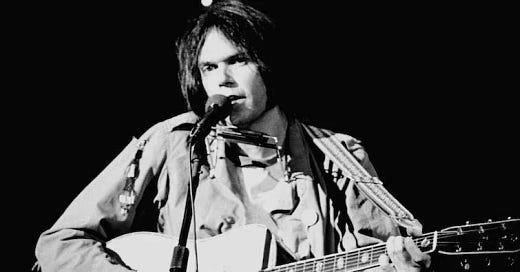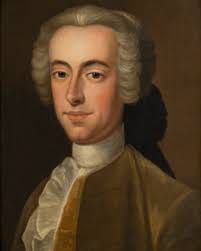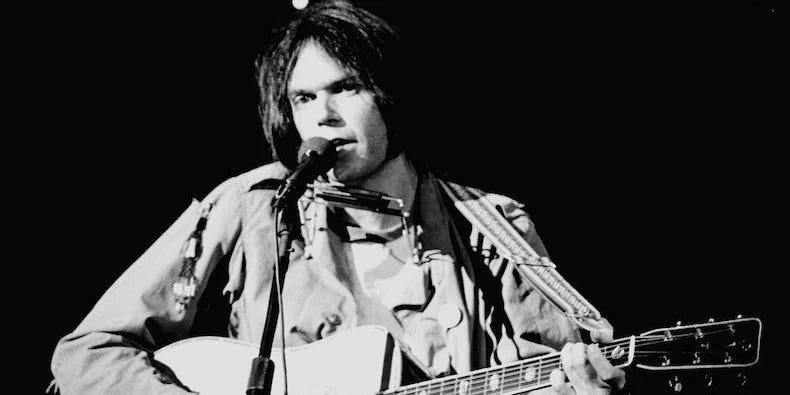This is an installment of “Sestercenntenial Moments,” marking the 250th anniversary of the American Revolution and its memory in our national life. For more on the background of the series, see here.
On July 20, 1774, the most hated man in America was in London. His name was Thomas Hutchinson, and he had recently left his post as governor of Massachusetts, a position he had held for three years. Hutchinson had first visited England 33 years earlier as a young man, dubbed “a provincial nonentity” by his biographer. Now, however, he was a “national celebrity,” honored for his loyalty to the crown—which, of course was the chief reason why he was so hated back home.
Hutchinson was a Loyalist, but he was also deeply committed to reconciling the British government with its wayward colony. He feared that the government’s efforts to bring Massachusetts to heel could backfire, and said so—even to King George III, to whom he was granted an audience. At the same time, Hutchinson also believed that the colonists, led astray by radicals such as John Hancock and Samuel Adams, needed to meet the government halfway. That’s why he wrote a letter on July 20 to his ally George Erving, suggesting that a willingness to pay the cost of the tea that had been dumped into Boston Harbor eight months earlier, coupled with “convincing evidence of a general disposition on the part of the leading inhabitants to obey the law in the future” could really set things right.
It wasn’t a crazy idea. Indeed, many colonists in Massachusetts and elsewhere had floated it—were floating it—in the summer of 1774. But in the eyes of most, that ship had sailed by then. Indeed, Hutchinson’s very presence in England was the result of his replacement (he was delighted to be relieved of his thankless job) by General Thomas Gage, who put Boston under martial law. In any event, by July of 1774 the cause of Massachusetts had become the cause of thirteen colonies, who were preparing to meet at a gathering soon to be known as the First Continental Congress in Philadelphia, which would pull them in a more militant direction. Hutchinson, in effect, was a man without a country. In fact, he never returned to America: his estate would be confiscated and sold to his bitter enemies James and Mercy Otis Warren and he would die in exile in 1780 before the Revolution was over. He was, however, awarded an honorary doctorate by Oxford University—on July, 4, 1776.
This was a deeply ironic outcome for a man who could have been plausibly dubbed Mr. Massachusetts. Hutchinson was the great-great-grandson of Anne Hutchinson, the religious radical who challenged the provincial government of Massachusetts and was exiled as a result. (There’s a highway that bears her name near my home in Westchester County, New York, where she died in an attack by indigenous people in 1643.) Four generations later, however, the Hutchinsons were the epitome of the Massachusetts colonial establishment, intermarried with other key families to form an interlocking political and economic elite. The family’s entrenched privilege was deeply resented, and Hutchinson himself became a target of revolutionary violence when his Boston home was destroyed by a mob infuriated by his support for the Stamp Act in 1765.
Hutchinson’s attachment to Massachusetts was also an intellectual, even psychic one. He wrote a three-volume history of the colony, the first two of which were published in 1764 and 1765. The third, which covered his own governorship, was published posthumously.
The aforementioned Hutchinson biographer was Bernard Bailyn (1922-2020) of Harvard University—Hutchinson, class of 1727, was an alum—a master practitioner of academic craft who in 1974 published The Ordeal of Thomas Hutchinson, the first treatment of his life in a century, for which Bailyn won a National Book Award. Coming as it did amid the throes of Watergate—and Bailyn’s stated desire to understand history’s losers—many observers believed the book was an allegorical valentine to Richard Nixon, who, like Hutchinson, was engulfed by protest and charges of corruption. Bailyn resolutely denied this. Actually, in Bailyn’s 2020 obituary, the Washington Post reported that “Daniel Ellsberg, the military analyst and Nixon nemesis, was a fan of Dr. Bailyn’s writings and cited him in justifying his 1971 decision to leak the Pentagon Papers, a secret history of the government’s involvement in the Vietnam War. Ellsberg carried a worn copy of “Ideological Origins” [Bailyn’s 1967 book The Ideological Origins of the American Revolution remains a landmark study] in his briefcase and liked to quote one of its passages about defying the traditional order in the quest for freedom. He told a reporter that the words brought tears to his eyes.”
“Even Richard Nixon has got soul,” Neil Young sang in his 1976 song “Campaigner.” This was the same quintessentially countercultural Neil Young who sang “Tin soldiers and Nixon’s coming” in his 1970 wrenching anthem “Ohio,” a dramatic rendering of the Kent State massacre that resulted in the National Guard shooting of four college students protesting the administration’s expansion of the Vietnam War into Cambodia. It’s probably a good idea to remember that one’s enemies are human, since, sooner or later, we’re likely to become an enemy ourselves. (Neil Young himself ruffled a few feathers in wandering over to the right and back over the course of his long career.) Thomas Hutchinson and Richard Nixon loved their country and lost it 200 years apart. We can be sympathetic now in a way that perhaps was not possible then.
And that’s the way it seems.





